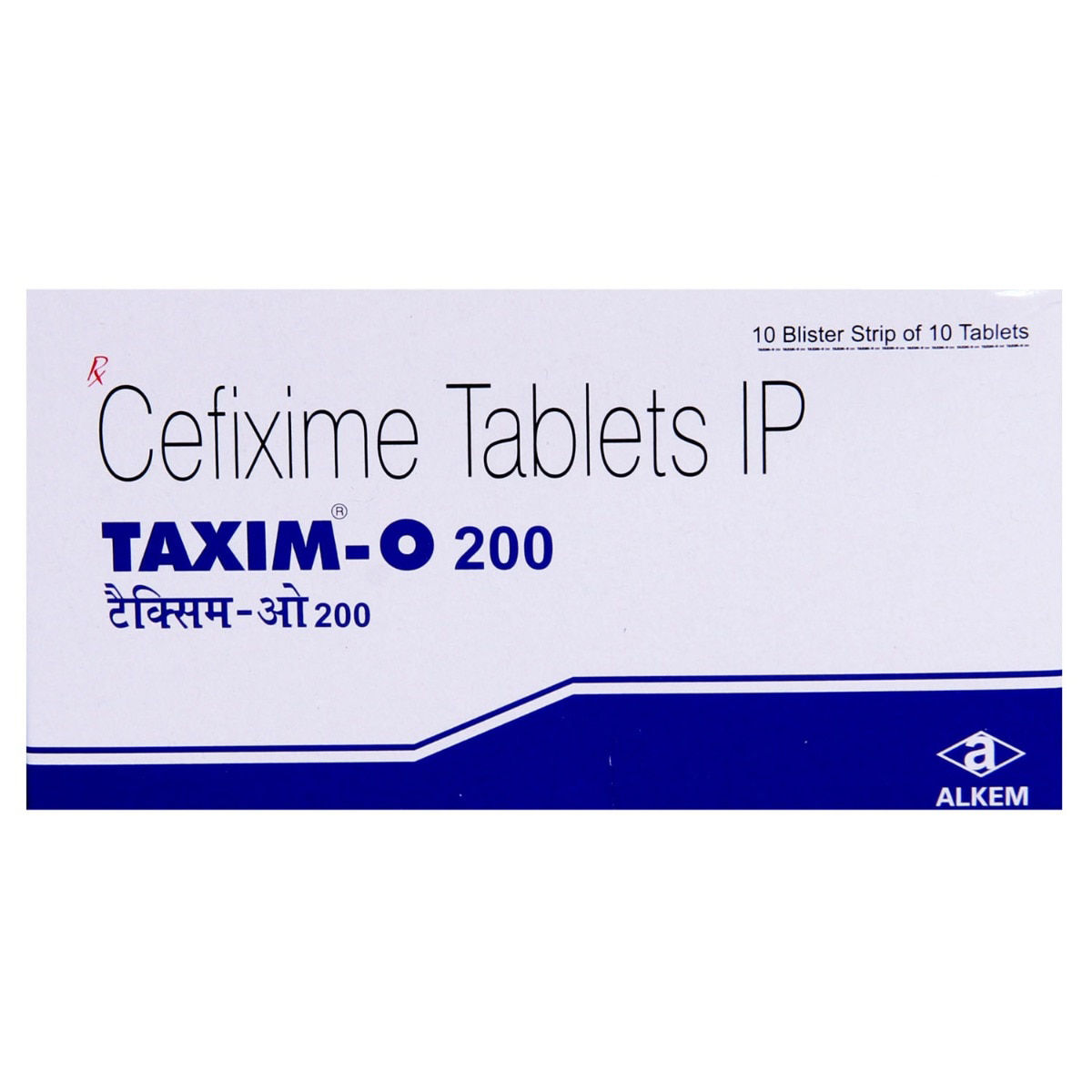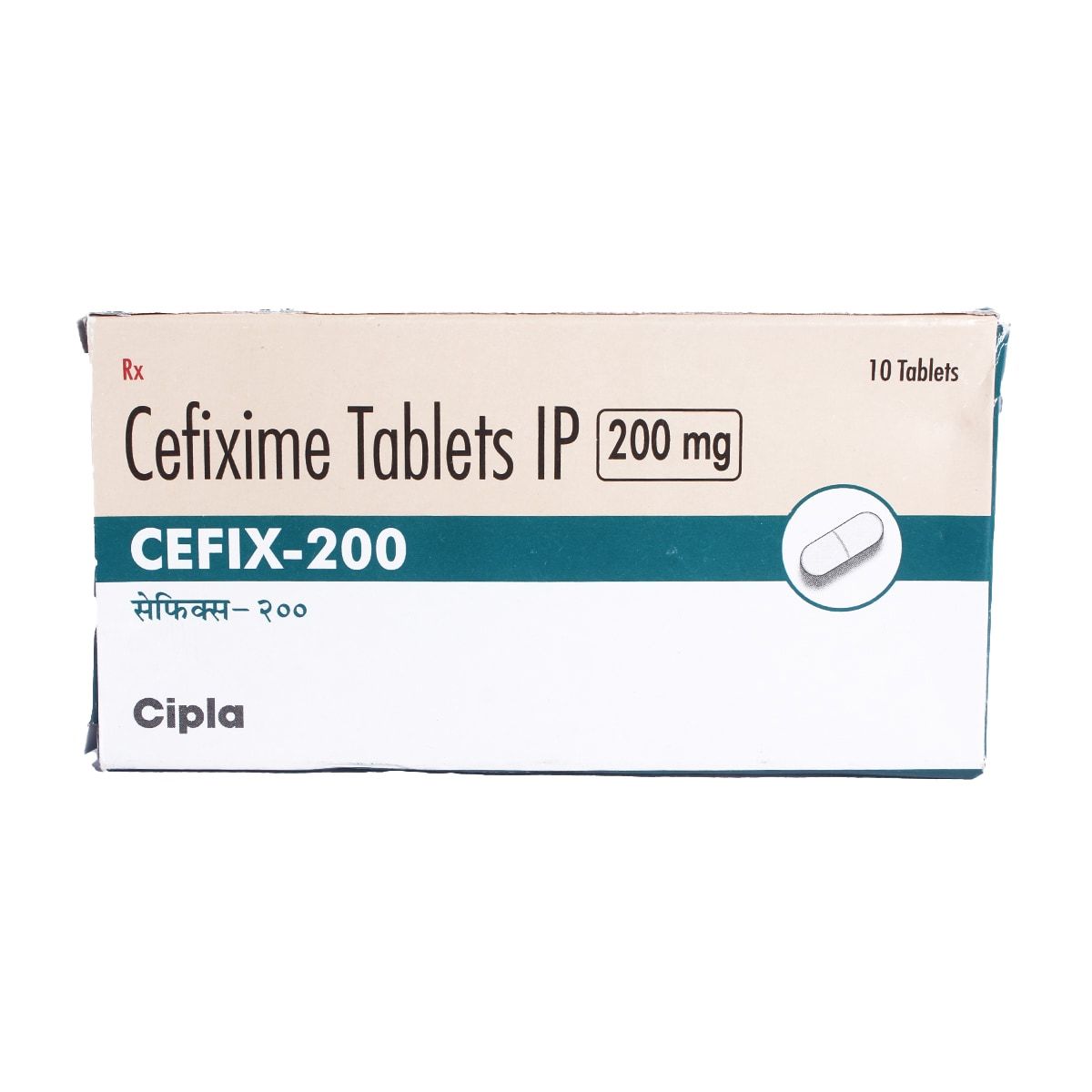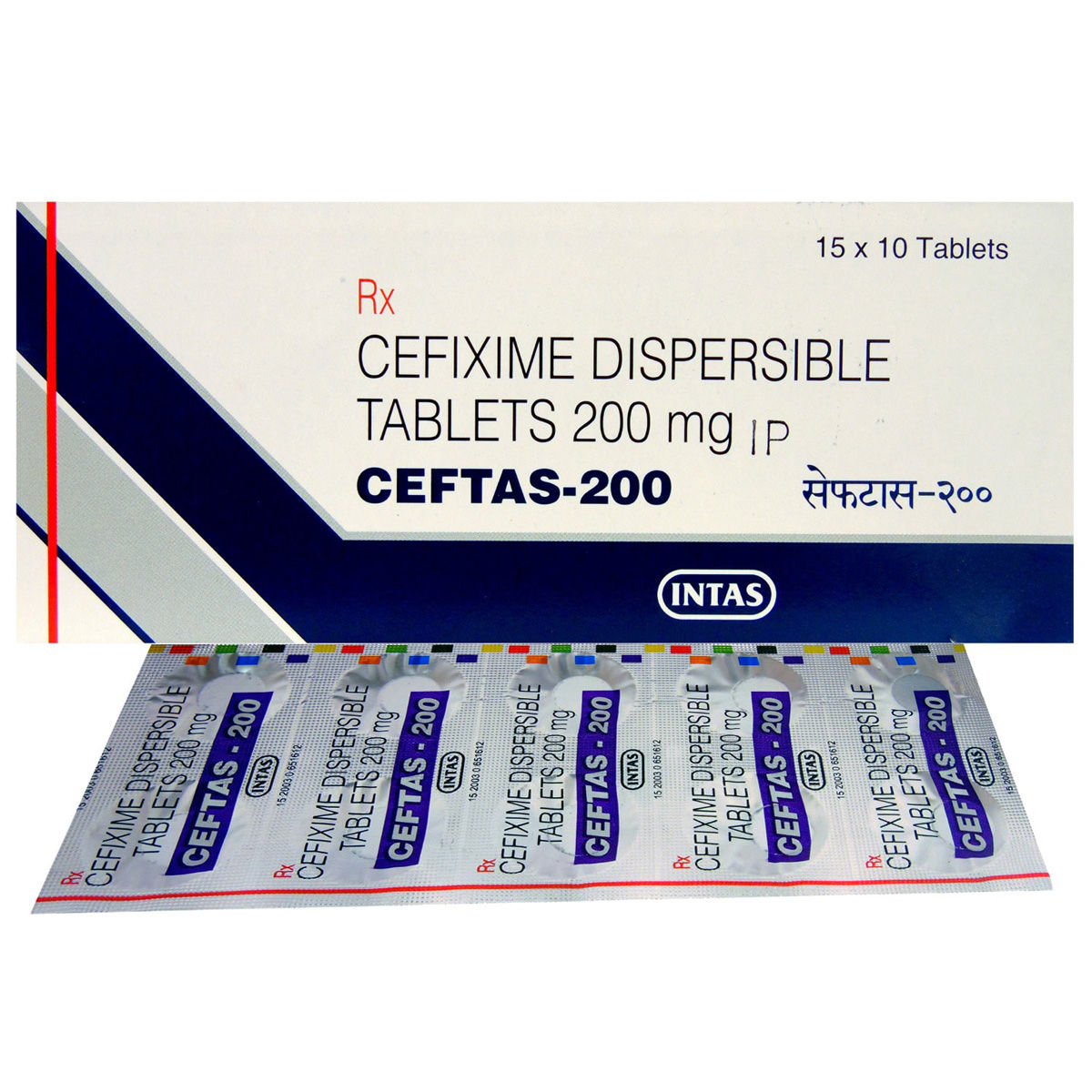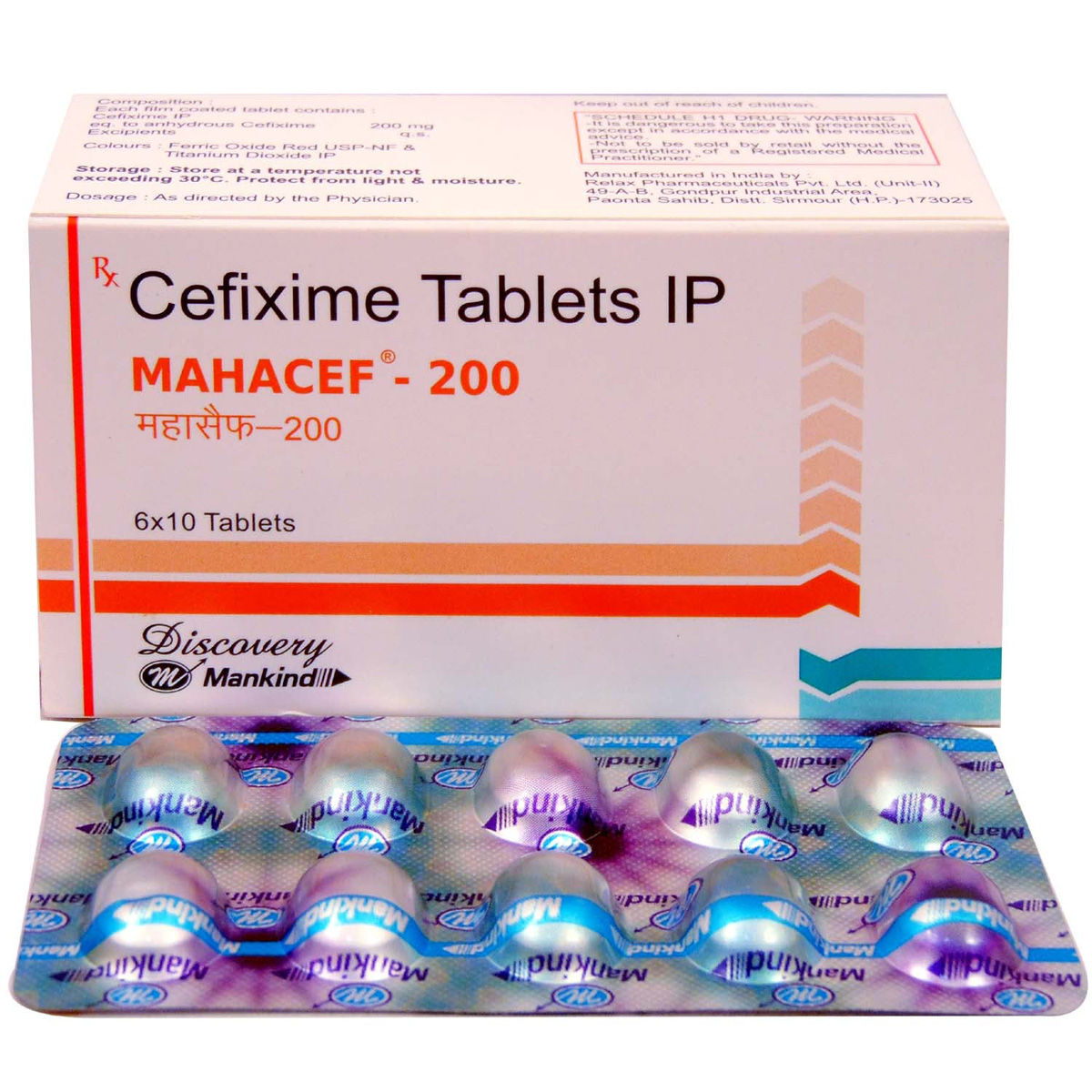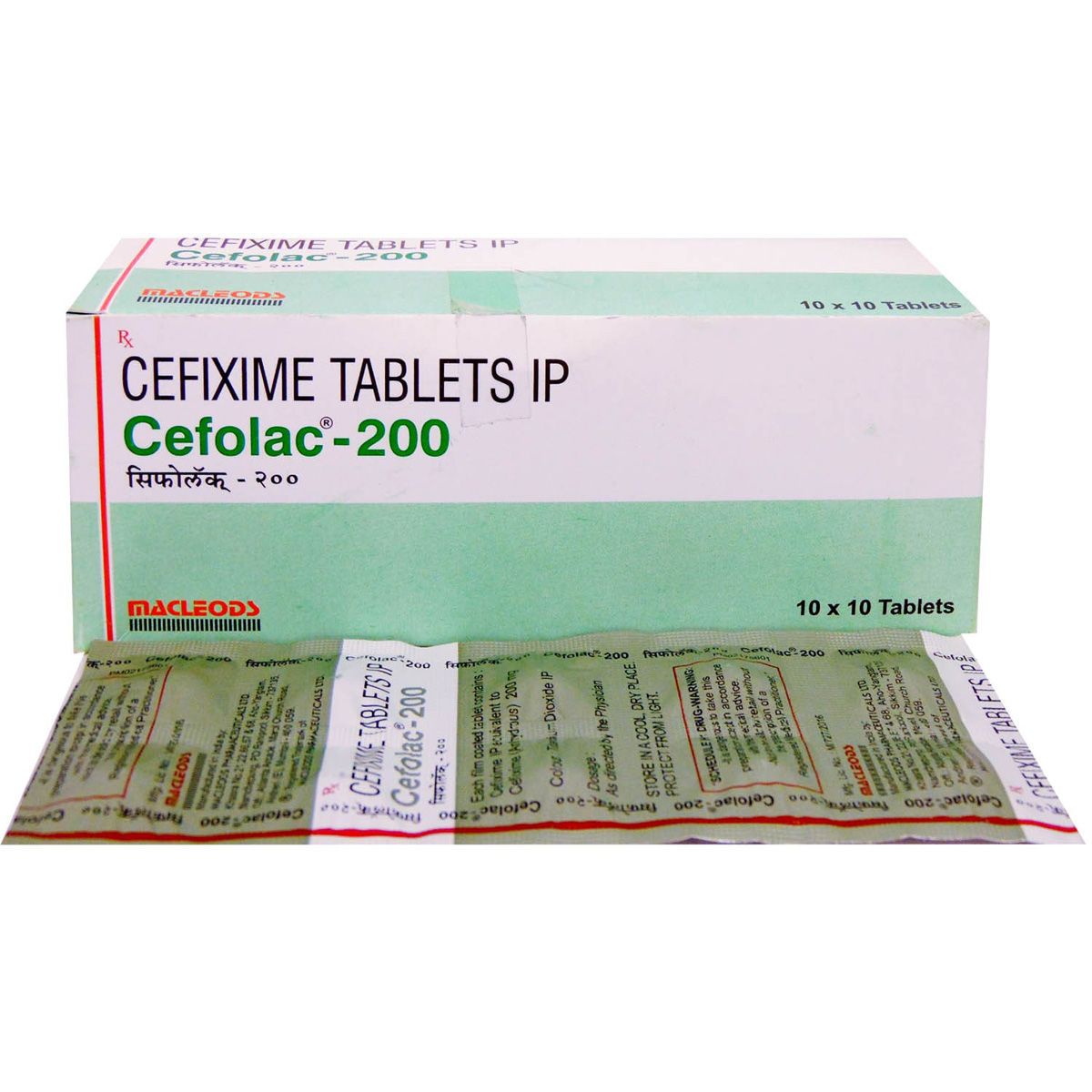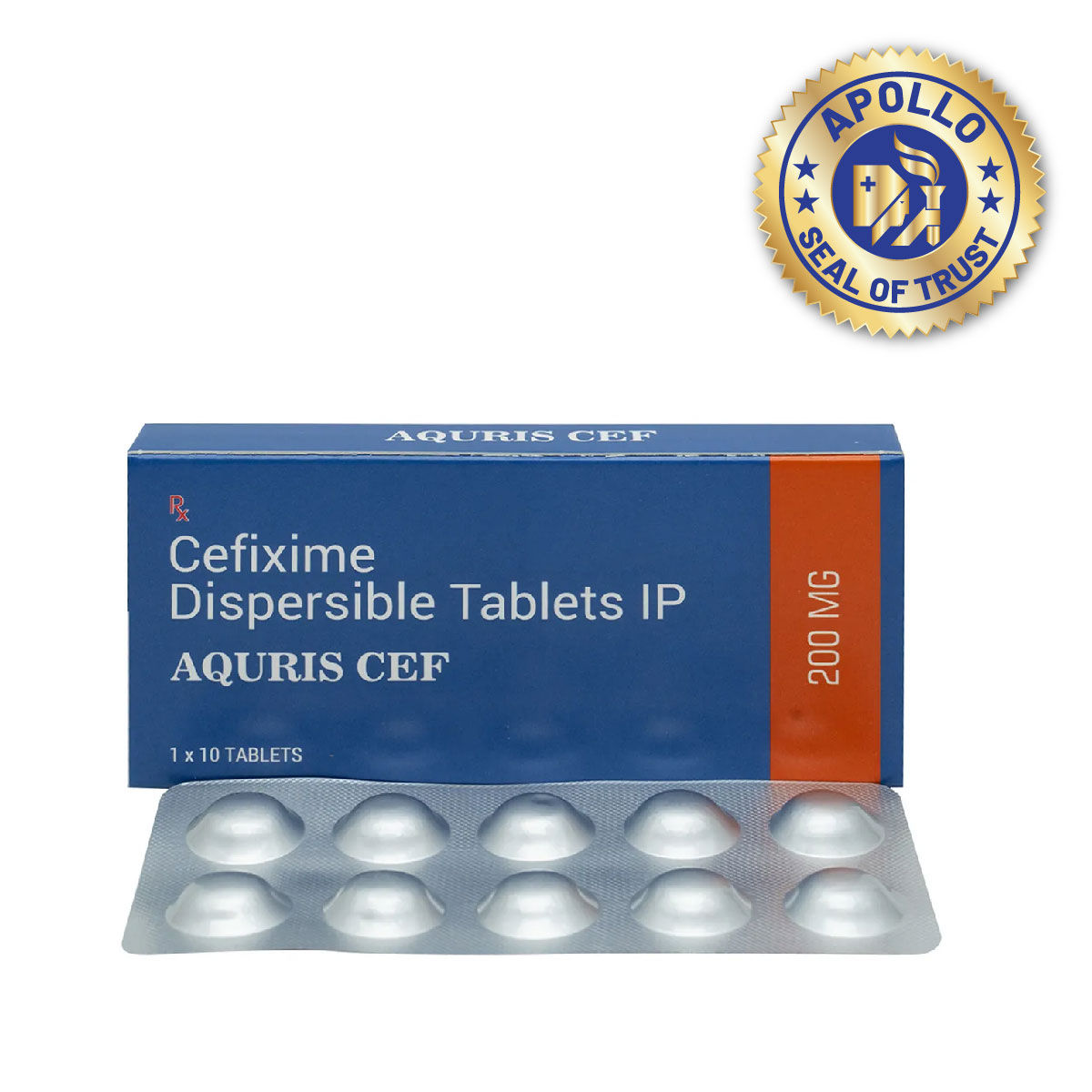Qincef Tablet 10's
₹252*
MRP ₹280
10% off
₹238*
MRP ₹280
15% CB
₹42 cashback(15%)
Free Delivery
With Circle membership
(Inclusive of all Taxes)
This offer price is valid on orders above ₹800. Apply coupon PHARMA10/PHARMA18 (excluding restricted items)
Know Your Delivery Time
Provide Delivery Location

Whats That

Secure Payment

India's Most Trusted Pharmacy

Genuine Products
Composition :
Manufacturer/Marketer :
Consume Type :
Return Policy :
Expires on or after :
About Qincef Tablet
Qincef Tablet is used to treat susceptible organisms (bacteria)-caused infections of the ear, nose, sinuses (sinusitis), throat (tonsillitis, pharyngitis), chest and lungs (bronchitis, pneumonia) and urinary system (cystitis and kidney infections). Additionally, it is also prescribed to treat uncomplicated gonorrhoea (cervical/urethral).
Qincef Tablet contains Cefixime, which works by inhibiting cell wall synthesis. In turn, Qincef Tablet weakens and destroys the bacterial cell wall, leading to death. As a result, Qincef Tablet helps to treat bacterial infections.
Take Qincef Tablet as directed by the physician. Sometimes, you may experience common side effects such as diarrhoea, nausea, loose stools, abdominal pain, dyspepsia, indigestion, and vomiting. Most of these side effects do not require medical attention and resolve gradually over time. However, you are advised to talk to your doctor if you experience these side effects persistently.
Do not take Qincef Tablet if you are allergic to cefixime, other cephalosporin antibiotics, or any other ingredients of this medicine. Before starting the Qincef Tablet , please inform your doctor if you have colitis (inflammation of the colon's inner lining), renal dysfunction, liver disease, and seizure disorders. Do not take this medicine on your own as self-medication may lead to antibiotic resistance in which antibiotics fail to act against specific bacterial infections. If you are pregnant or breastfeeding, think you may be pregnant, or are planning to have a baby, ask your doctor for advice before taking the Qincef Tablet . Drive only if you are alert, as Qincef Tablet may cause dizziness.
Uses of Qincef Tablet
Medicinal Benefits
Qincef Tablet is a short-term medication for a wide range of bacterial infections. It prevents the growth of bacteria by stopping the formation of a protective covering, which is vital for its growth. It prevents and treats bacterial infections like ear, nose, sinuses (sinusitis), throat (tonsillitis, pharyngitis), chest and lungs (bronchitis, pneumonia) and urinary system (cystitis and kidney infections). Additionally, it is also prescribed to treat uncomplicated gonorrhoea (cervical/urethral).
Side Effects of Qincef Tablet
Diarrhoea
Nausea
Loose stools
Abdominal pain
Dyspepsia or indigestion
Vomiting
Directions for Use
Storage
Drug Warnings
Qincef Tablet has occasionally been associated with hypersensitive reactions that result in shock and mortality. If a reaction happens, stop using it. Do not take Qincef Tablet if you are allergic to Cefixime or other cephalosporin antibiotics, or any of the other ingredients of this medicine. Talk to the doctor before taking Qincef Tablet if you have seizures, liver or renal dysfunction, heart disorder, and inflammation of the colon's inner lining (colitis). Do not take Qincef Tablet without first consulting the doctor if you are pregnant, planning for pregnancy or breastfeeding. Drive only if you are alert as Qincef Tablet may cause dizziness. Qincef Tablet may interact with certain tests such as glucose (sugar) in urine and give unusual results. Therefore, inform the doctor that you are using Qincef Tablet before undergoing any tests.
Therapeutic Class
Drug-Drug Interactions
Drug-Food Interactions
Diet & Lifestyle Advise
After taking the full course of Qincef Tablet , probiotics should be taken to restore some of the healthy bacteria in the intestines that may have been killed. Taking probiotics after antibiotic treatment can reduce the risk of antibiotic-associated diarrhoea. Certain fermented foods like yoghurt, cheese, sauerkraut, kombucha and kimchi can help restore the intestine's good bacteria.
Include more fibre-enriched food in your diet, as it can be easily digested by gut bacteria, which helps stimulate their growth. Thus, fibre foods may help restore healthy gut bacteria after a course of antibiotics. Whole grains like whole-grain bread and brown rice should be included in your diet.
Avoid taking too much calcium, iron-enriched foods and drinks as it might affect the working of Qincef Tablet .
Avoid alcoholic beverages with Qincef Tablet as it can dehydrate and affect your sleep. this can make it harder for your body to aid the Qincef Tablet in fighting off infections.
Habit Forming
How Qincef Tablet Works
What if I have taken an overdose of Qincef Tablet
Alcohol
Caution
It is unknown whether Qincef Tablet interacts with alcohol. However, as a precautionary measure, it is advisable not to take or limit alcohol.
Pregnancy
Caution
Qincef Tablet should not be used during pregnancy unless clearly necessary. Your doctor will weigh the benefits and potential risks before prescribing it. Please consult your doctor.
Breast Feeding
Unsafe
Qincef Tablet should be administered to nursing mothers only if the benefits of therapy are judged to outweigh the potential risks to the infant. Hence it is best to consult a doctor before taking the Qincef Tablet .
Driving
Caution
Caution should be exercised; Qincef Tablet usually causes drowsiness and confusion, affecting driving ability.
Liver
Caution
Qincef Tablet to be taken with caution, especially if you have a history of liver diseases/conditions. The dose may have to be adjusted by your doctor.
Kidney
Caution
Qincef Tablet to be taken with caution, especially if you have a history of Kidney diseases/conditions. The dose may have to be adjusted by your doctor.
Children
Caution
Qincef Tablet to be taken with caution, especially if you are children below 12. Your doctor may adjust your dose depending upon your age.
Country of origin
Manufacturer/Marketer address
Author Details
We provide you with authentic, trustworthy and relevant information
FAQs
Disclaimer
Product Substitutes








